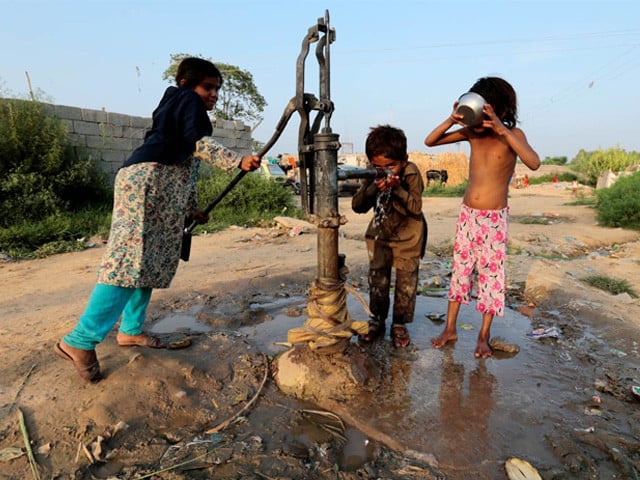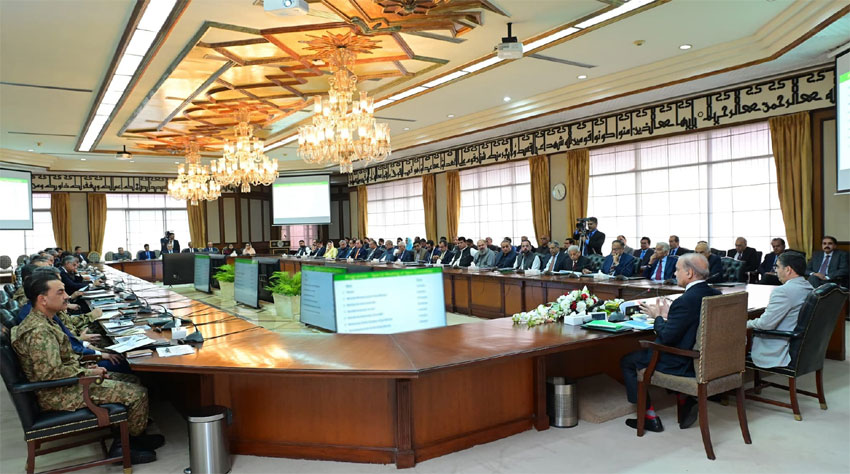Editorial
The relations between Pakistan and its western neighbour have been tense for a while now due to the presence of TTP sanctuaries inside Afghanistan. Recently, the corps commanders’ conference reiterated that terrorist groups operating from Afghanistan pose a severe threat to regional and global security and act as proxies against Pakistan and its economic interests, particularly the China-Pakistan Economic Corridor (CPEC).
While the ISPR statement did not mention any specific groups, Army Chief Gen Syed Asim Munir had earlier criticized the Afghan Taliban for harbouring Baloch insurgents. There is ample evidence of a nexus between Baloch insurgents and the TTP, which could have grave implications for Pakistan’s security as well as Chinese interests.
Baloch militants have been attacking various Chinese-funded projects with increasing frequency and intensity, openly receiving assistance from India. An Indian intelligence operative was arrested red-handed by law enforcement agencies in Balochistan a while ago. The security forces repulsed a gun-and-bomb attack on the strategic Gwadar Port last March, which is a keystone of CPEC, the flagship project of President Xi Jinping’s Belt and Road Initiative. CPEC offers substantial economic benefits to Pakistan in diverse fields, including energy, agriculture, and infrastructure development. However, other outsiders want to undermine the project, providing China with an efficient and cost-effective trade and energy route to the Middle East, Africa, and beyond.
India is the principal challenger to CPEC, and its national security adviser, Ajit Doval, has openly articulated an ‘offensive defence strategy’ to destabilize Pakistan. Therefore, Baloch militants and the TTP become valuable proxies. The military leadership is genuinely concerned that these groups act as proxies against Pakistan and its economic interests.
A recent UN monitoring team assessment report noted that these groups, especially the TTP, pose a severe threat to the region from their sanctuaries in Afghanistan. The report further stated that a newly emerged group, Tehreek-e-Jihad, is operating from Afghan territory and possibly with support from al-Qaeda, providing TTP with “plausible deniability” and alleviating the pressure from Pakistan on the Taliban government. However, the Taliban government rejects all such assertions as propaganda.
Pakistan has been trying to persuade the Afghan Taliban to prevent cross-border militant attacks but without success. However, despite its concerns about the presence of terrorist groups in Afghanistan, Beijing has developed economic and diplomatic ties with the Taliban government, which has expressed its interest in formally joining the CPEC. It is hoped that nurturing new economic prospects might press the Afghan Taliban into reining in their TTP ideological brothers, who give shelter to Baloch insurgents in their Afghan safe havens.
Please, subscribe to the YouTube channel of republicpolicy.com
















































